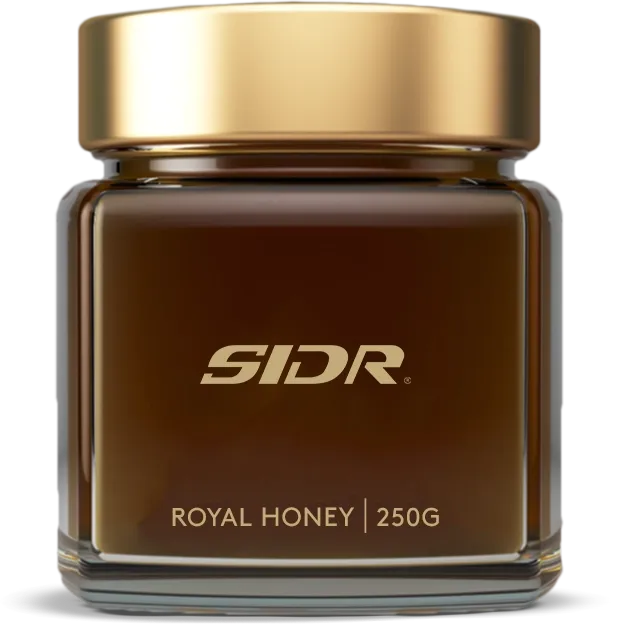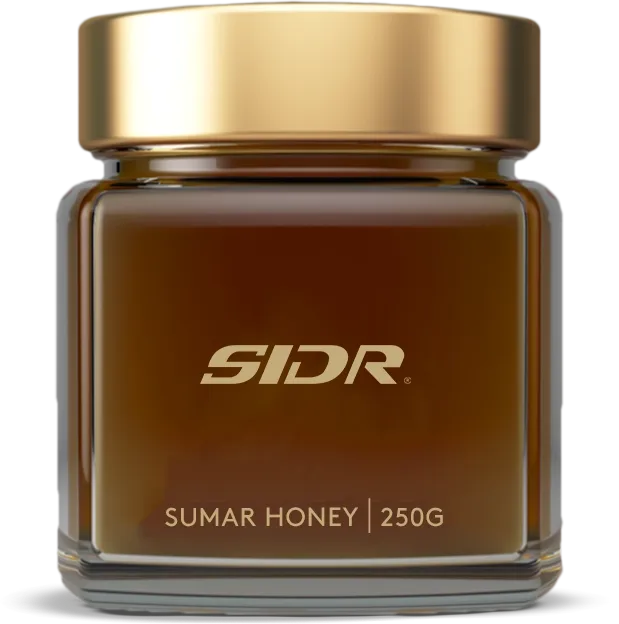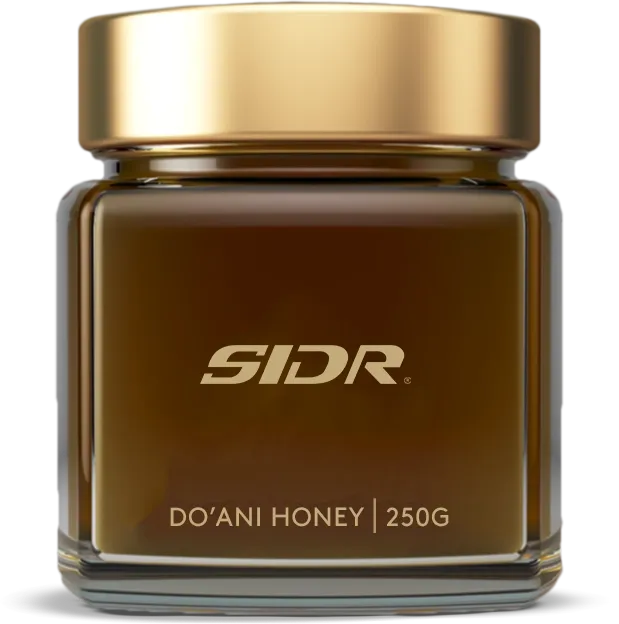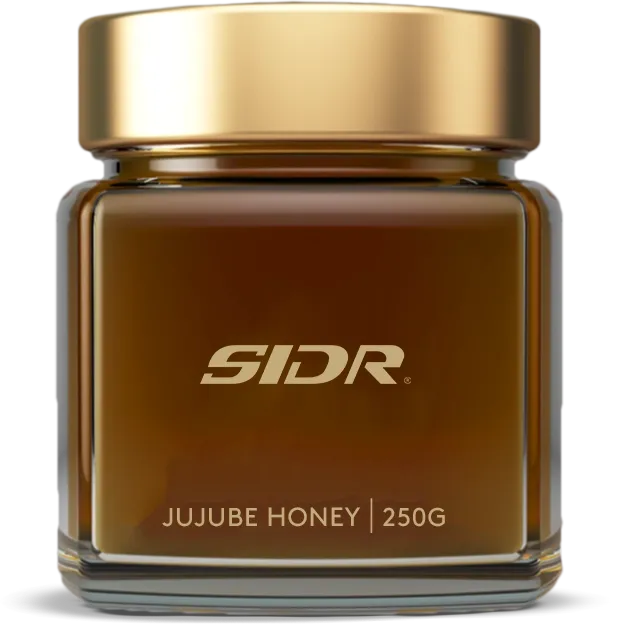Is raw honey the liquid gold of sustainability?
Views: 2609Fostering Organic Farming Practices
The cultivation of Raw Honey inherently champions organic farming practices, eschewing the use of synthetic pesticides and fertilizers that pose grave threats to environmental health. In doing so, it serves as a testament to the viability of sustainable agricultural methodologies, fostering ecosystems that are inherently resilient to the vagaries of climate change and ecological degradation.
Socio-Economic Empowerment in Rural Communities
Moreover, the significance of Raw Honey extends beyond its immediate culinary and agricultural value, permeating into the socio-economic fabric of rural communities. The practice of beekeeping not only provides a sustainable source of income for local beekeepers but also engenders a sense of communal stewardship, wherein individuals are incentivized to safeguard the delicate balance of their surrounding ecosystems.
Preserving Pollinator Habitats for Global Well-being
Crucially, the cultivation of Raw Honey serves as a linchpin in the preservation of global pollinator populations, whose dwindling numbers portend dire consequences for agricultural productivity and ecological stability. By safeguarding vital pollinator habitats and mitigating the myriad threats posed by habitat loss and pesticide exposure, raw honey production assumes a pivotal role in safeguarding the long-term health of our planet.
A Symbol of Commitment to a Sustainable Future
With each jar of Raw Honey, consumers bear witness to a tangible manifestation of their commitment to fostering a more sustainable future for generations to come. Its consumption transcends mere culinary indulgence, symbolizing a conscious choice to support ethical and environmentally responsible practices.
As we navigate the complex nexus of ecological challenges facing our world, Raw Honey stands as a beacon of hope—a testament to the transformative power of sustainable agriculture and the enduring resilience of nature's bounty.
you may also try
didn’t get the answer you were looking for?
contact us


